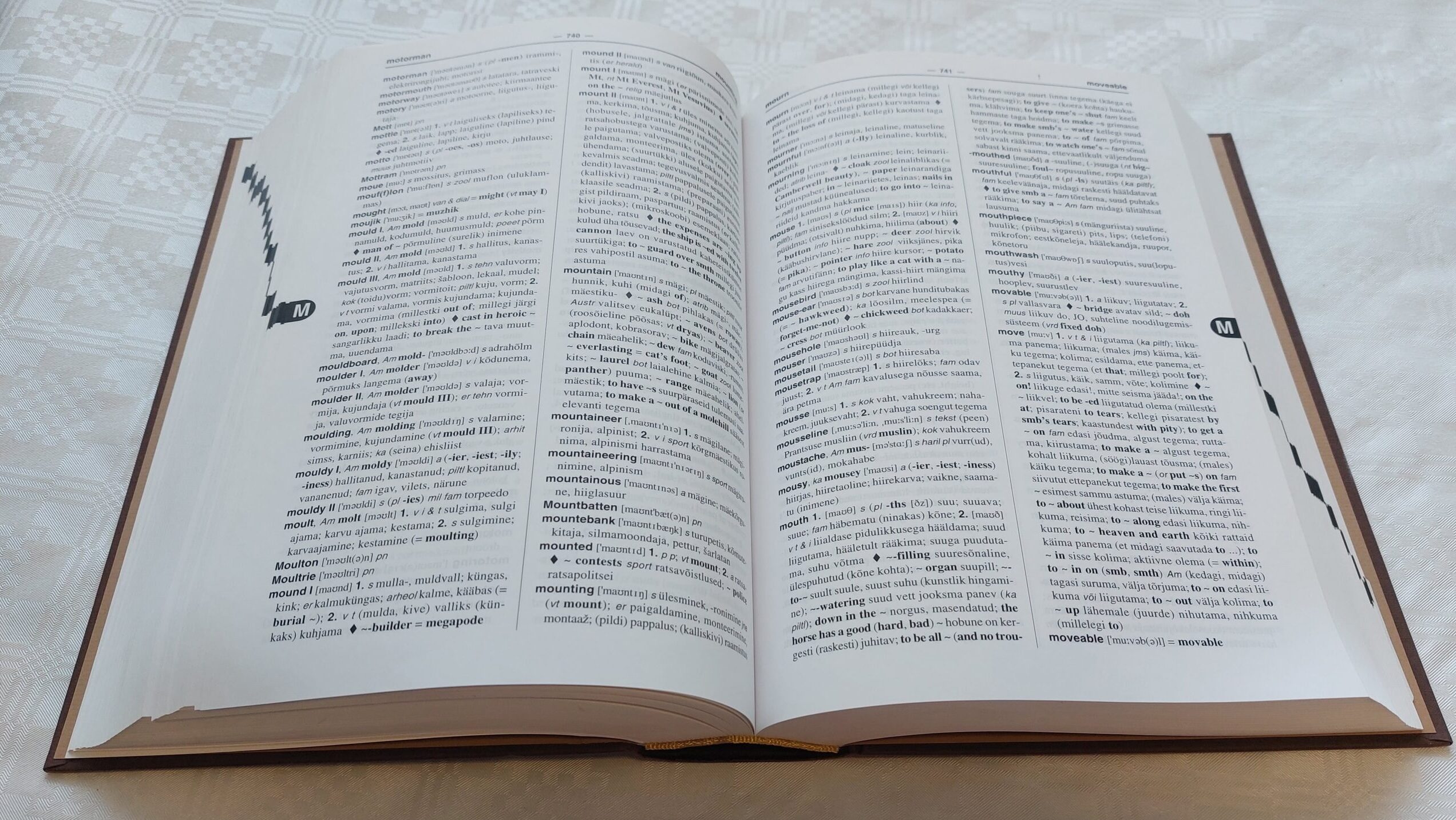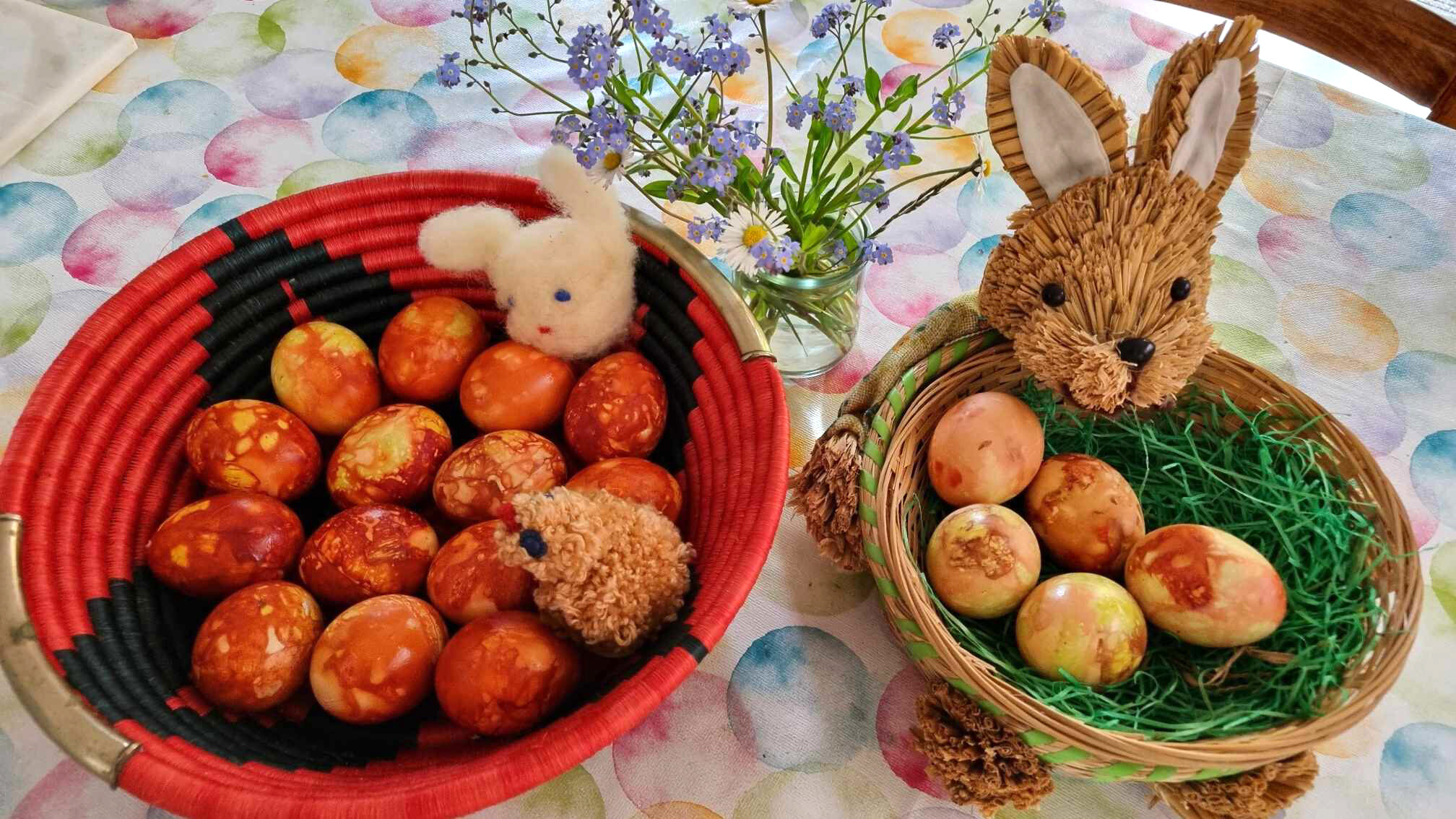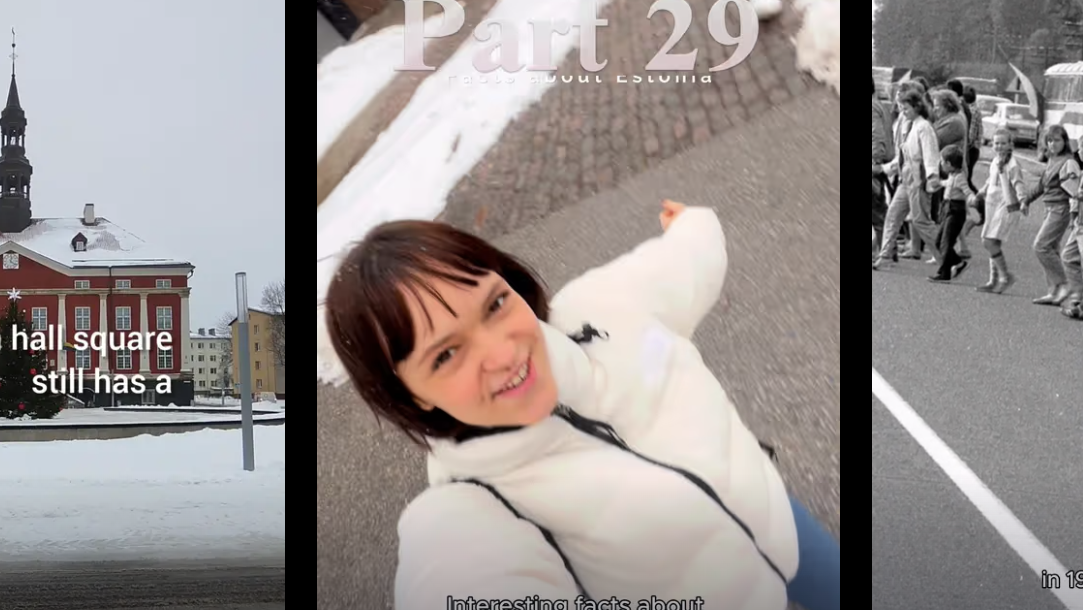It seems the more singular a word is to Estonian, the better. The more familiar it is, it’s almost as if you don’t get as much “credit” for remembering and using it. “Raamat” (“book”) has been held up as one example of a deeply Estonian word. Conversely, “auto” (“car”), “probleem” (“problem”), or “banaan” (“banana”) are too easy.
Some of his words are used today, such as “range” (“strict”), while others, such as “embima” (“to hesitate”) and “masa” (“small”), never became commonly used.
For some, a desire for uniquely Estonian words has been strong. Consider philologist Johannes Aavik, who went to great lengths in the early 20th century to create new Estonian words, with Finnish being one key influence. Some of his words are used today, such as “range” (“strict”), while others, such as “embima” (“to hesitate”) and “masa” (“small”), never became commonly used. According to linguist Mati Hint, Aavik also wished “...to alter the phonetic structure of everyday Estonian vocabulary... e.g. by substituting o for u in the non-initial syllables in an arbitrarily selected vocabulary (kalju > kaljo ‘rock’, kirjutama > kirjotama ‘to write’)...”
Täismahus artikkel on loetav Eesti Elu tellijatele
Igal nädalal toome me sinuni kõige olulisemad kogukonna uudised ja eksklusiivsed lood uutelt kolumnistidelt. Räägime eestlastele südamelähedastest teemadest, kogukonna tegijatest ja sündmustest. Loodame sinu toele, et meie kogukonna leht jätkuks pikkadeks aastateks.
Hind alates $2.30 nädalas.




